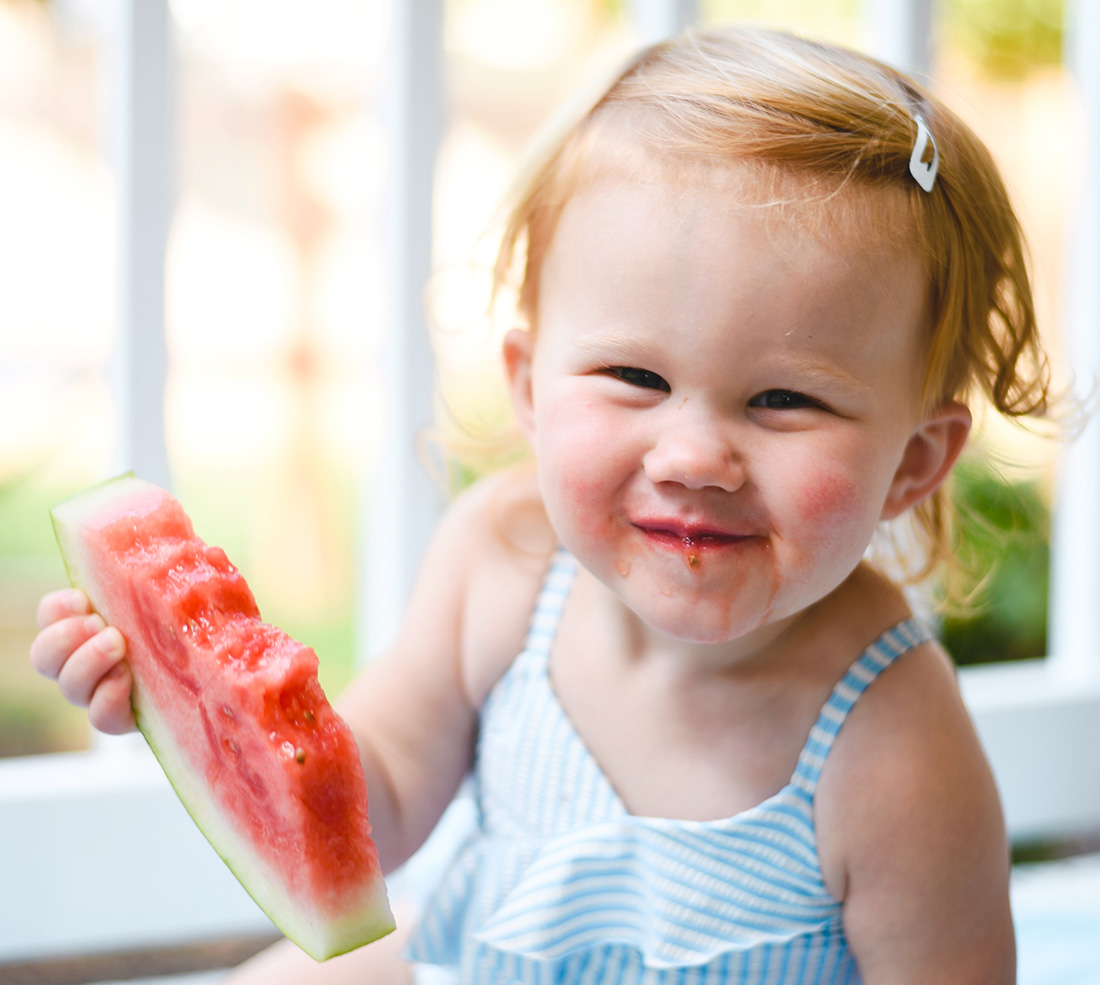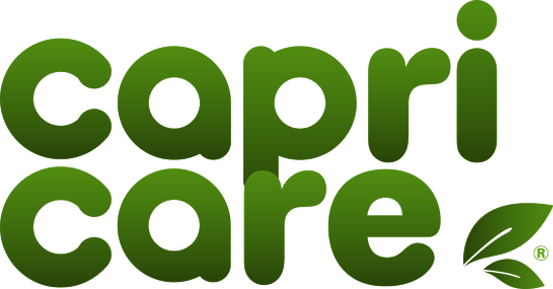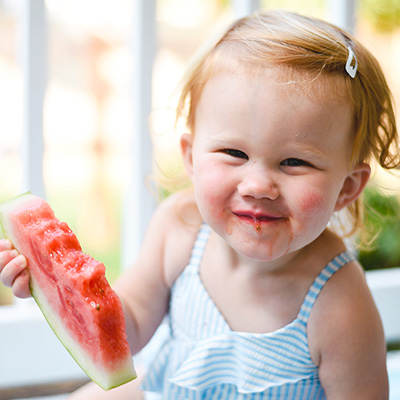Vitamin D is also known as the sunshine vitamin! That’s because the most natural and efficient source of vitamin D comes from UVB rays from direct sunlight (UVB rays can’t go through glass). The human body produces vitamin D in response to direct sunlight on the skin, but it can also be absorbed from foods and supplements.
The role of vitamin D
Vitamin D regulates the levels of calcium and phosphorous in the body, which is essential to your toddler’s bone, muscle and teeth development. It also supports their immune system in fighting off infections. A prolonged lack of vitamin D in children can cause rickets, a condition that leads to soft or weak bones. There are some future health risks associated with vitamin D deficiency too; these include asthma, allergies, cardiovascular disease and type 1 and 2 diabetes. By ensuring your toddler gets the right amount of vitamin D you can actively help reduce the risk of these problems.
Vitamin D in winter
In winter less UVB rays reach the earth’s surface. If you get a few too many rainy days your toddler might not be getting enough sunlight for adequate vitamin D levels. During these periods it is important to make sure your toddler is getting their vitamin D needs from foods and supplements.
Foods containing vitamin D
The best food source for vitamin D comes from oily fish like salmon, sardines, trout, herring and mackerel. However, oily fish can contain low levels of contaminants that can build up in the body, so don’t give your toddler more than 2 servings of oily fish a week. Other foods containing vitamin D include red meat, liver and egg yolks. Look out for foods fortified with vitamin D too; these can be found in breakfast cereals, most fat spreads, and some milk depending on where you are in the world. Just remember to check the labels.
 Supplements
Supplements
You can buy vitamin D supplements from most pharmacies or supermarkets, and they will most likely come in the form of drops or gummies for your toddler. The recommended amount for your toddler is between 7-10 micrograms a day. Growing up milk is fortified with vitamin D to help provide your toddler with their daily intake, so speak to your healthcare professional before giving them any supplements.

